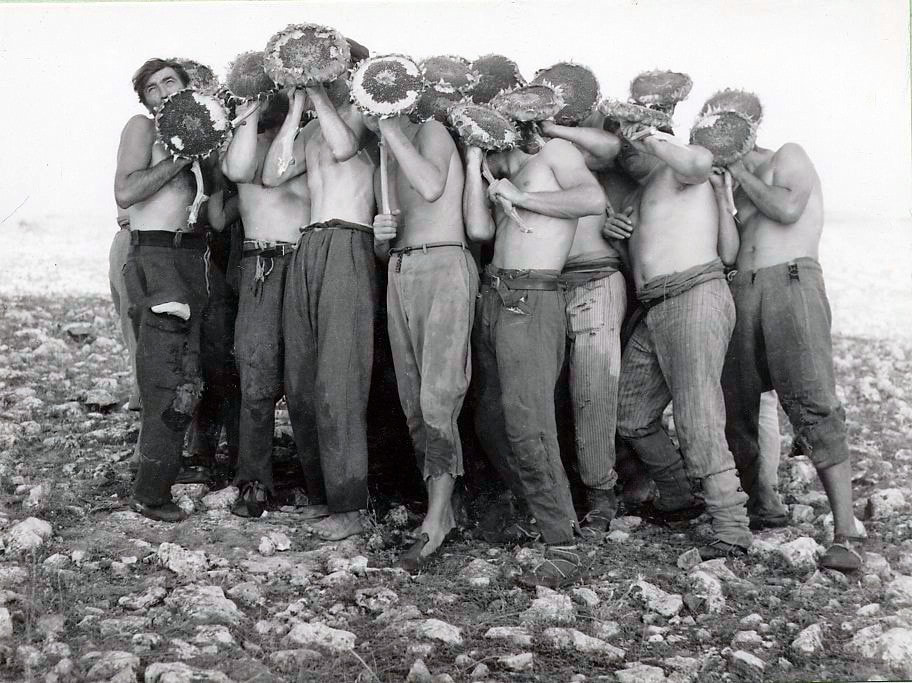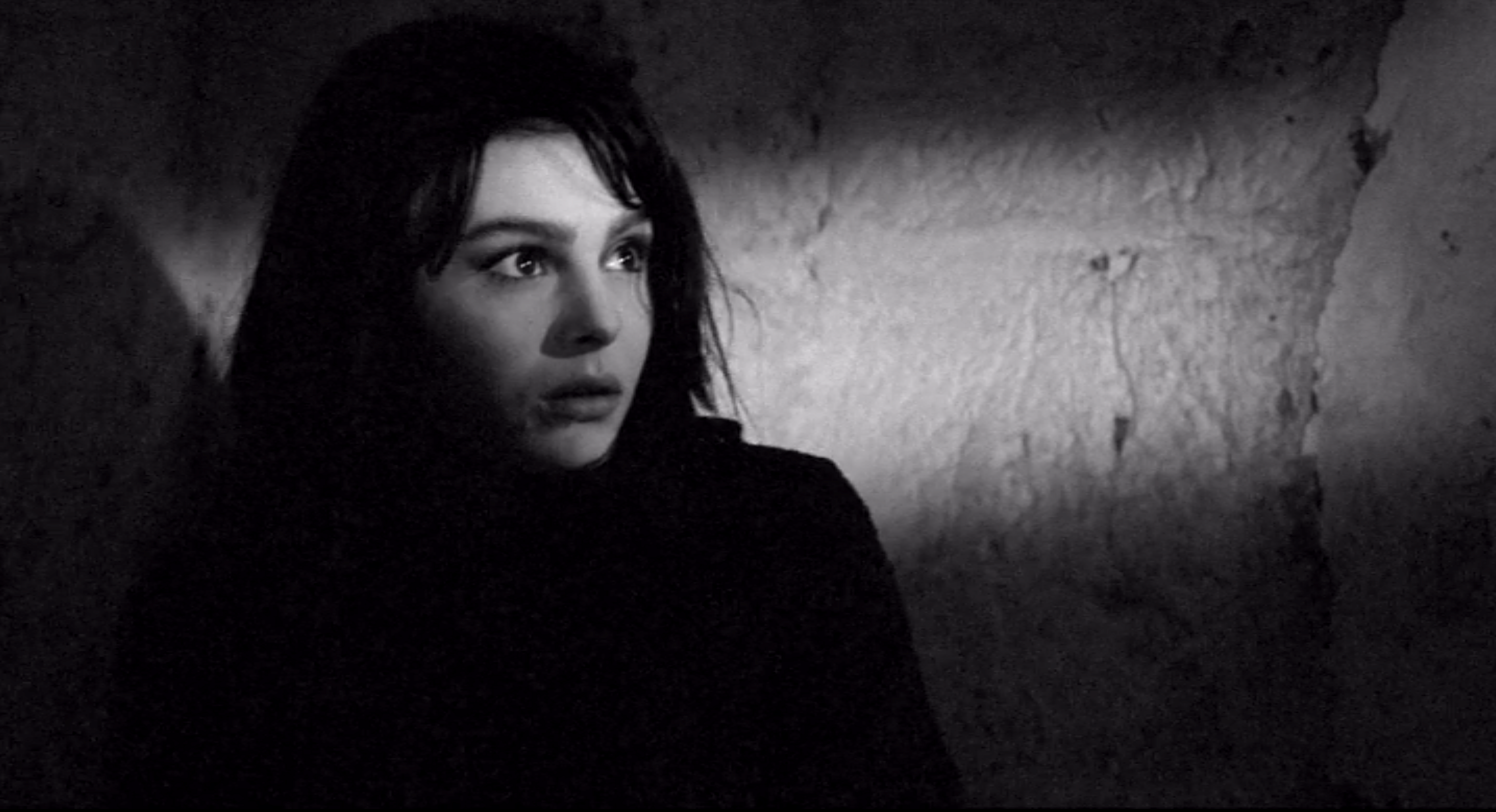
In the late 1960s and early 1970s, a whole group of films was released that brought two contrasting male characters together to examine their dynamics. Midnight Cowboy in 1969, Butch Cassidy and The Sundance Kid in 1969, Joe in 1970, Mean streets in 1973, Thunderbolt and Lightfoot in 1974, and Mikey and Nicky in 1976. All these films center around a dysfunctional friendship but they also feature men who live on the wrong side of the law.
Martin Scorsese’s Mean streets and Elaine May’s Mikey and Nicky are gritty, and raw depictions of criminals, as well as observant depictions of carefully rendered characters. As films, they both rely heavily on the acting abilities of their two stars.
Both films feature a complex and fraught friendship between two men who genuinely care for each other but differ in very basic ways. The catalyst in both films comes in the form of a reckless narcissist. The narcissist in Mikey and Nicky is Nicky played by John Cassavetes. Nicky is perhaps the most disturbed of all the characters in the two films. He’s a small-time gangster but he is intensely paranoid, pathologically impulsive, and prone to sudden bouts of violence.
In Mean Streets, the narcissist is Jonny Boy played by Robert De Niro. Jonny Boy, like Nicky, is a small-time thug. He is not as delusional as Nicky but he is reckless and ambitious.
Nicky too has a desire for status but he is driven by a deep desperation and paranoia, Johnny Boy is driven by a grandiose vision of power and prestige. They are different but in many ways, the results are the same. They lose touch with reality and miscalculate what they are capable of.
Narcissists are compelling characters precisely because they make these miscalculations. Narcissists are often well-liked and even admired. They are socially adept, and often appear to be particularly attractive and admirable people. This of course is a facade.
Narcissists are plagued by insatiable and obsessive despair. They feel profoundly inadequate and unworthy which drives them to seek out attention and the approval of others. This drive can fuel meteoric success as long as they are able to properly gauge their own abilities and the expectations of others. If not, they can become lost in a world of delusions that cut them off from the outside world.
Both Nicky and Jonny Boy are rapidly losing ground and sliding into delusion. Neither can see through their exaggerated assessment of their capabilities to properly gauge how to proceed. This is the engine that drives both movies but it is Nicky’s relationship with his best friend Mikey, and Jonny Boy’s relationship with his best friend Charlie that are the true subjects.

In Nicky and Mikey, Nicky’s best friend Mikey is played by Peter Falk. Cassavetes and Falk are in almost every scene of the film and their rapport is amazing. Watching them together as they fluidly swing their relationship from intimate to fistfight and back again is remarkable. The two of them have a rhythm and an understanding as if they truly have known each other all their lives. Their characters are both unpredictable, and unable to manage their emotions. Their relationship careens through ups and downs while they physically tumble and stumble through the streets of New York City.
The film is full of contradictions. Nicky is delusional and paranoid but he is in fact being hunted by a hitman. He trusts Mikey with his life but is prone to sudden overwhelming doubt. Mikey is exasperated by Nicky’s many faults but Mikey is also sorry to see that Nicky is hurtling toward disaster. The chemistry of the two actors brings all this to life and imbues it with a palpable urgency and depth.
In Mean Streets Johnny Boy’s close, buddy is Charlie played by Harvey Keitel. Keitel’s Charlie is not so different from Falk’s Mikey. Both men are cooler and more thoughtful than their counterparts. Both do their best to reign in their unstable buddy but are also aware that they can only do so much. Charlie and Mikey are the audience’s point of contact. We sympathize with them. Often narratives contain an implied author or narrator. Charlie and Mikey are not explicitly established as the ones who are conveying the story but as an audience, we are closest to their point of view.
The dynamic of one impulsive friend coupled with a more introspective one is a common trope. Often they are depicted as secretly envying each other. The impulsive one recognizes the stability that comes with being thoughtful, and the thoughtful one wishes he could just let go and have a good time. They both push each other resulting in tension and conflict. This pairing is not limited to male couples. There are female versions like Charlize Theron and Christina Ricci in Monster or Nicole Kidman and Joaquin Phoenix in To Die For

Not only is this relationship a common occurrence in both film and real life, but the two individuals easily translate in to the dual nature of our own minds. We often find ourselves conflicted between spontaneous indulgence and responsible propriety. Both Charlie and Mikey are able to plan for the future and defer gratification, where Nicky and Johnny Boy can not.
Both Mean Streets and Nicky and Mikey fold in issues of class, the American Dream, and the chaos of urban life in the 70s. Both are filmed primarily outdoors, Mean Streets in New York City and Nicky and Mikey in Philadelphia. All four characters spend the majority of their time in the street finding ways to make money, get ahead, and not get caught. While most of the city works indoors in offices and factories, these men are outside with no regular schedule or structure. They are literally and figurative outsiders who are distinguished not by their goals, they want money and house just like everyone else, but by their methods.
Both Nickey and Mikey try to create and maintain conventional, suburban lives. They have wives and children but neither man is able to sincerely engage with family life. Charlie and Jonny Boy are considerably younger than Mikey and Nickey. Jonny Boy is too caught up in his narcissism to worry about anything, but Charlie does give some consideration to his own future and has several plans in the works to capture his share of the American dream.
De Niro and Keitell both bring power and intensity to their roles but their performances can’t match Cassavettes and Falk. De Niro and Keitell are very talented actors, the comparison to Cassavettes and Falk is more to highlight the exceptional nature and profound depth of Cassavettes and Falk’s skill than to diminish De Niro and Keitel.
Perhaps the difference is partly due to the nature of their characters. Nickey and Mikey’s age gives them dimension. They have regrets, hindsight, and ambivalence toward many of their choices. Charlie and Johnny Boy are still too young to have depth. They are two young men playing a game. They posture and fight as if they are characters in a film.
Mean Streets predates the big mafia films like The Godfather and Good Fellas. Mainstream society had not yet developed its love of the larger-than-life Mafia Don. The four men in these two films are not suave, understated cappos. They are low on the totem pole which gives them all the more reason to pretend that they are not.

Both films reflect the gritty nature of their subject matter through rough and ready filming techniques. The use of handheld cameras and available light work in the director’s favor, giving the films a look of brutal honesty. Scorsese and May are less concerned with composition or mise en scène and more centered on keeping the attention on their characters. Mean Streets is a bit more stylized because again it is dealing with young men who are obsessed with displaying an image, but both films are deceptively simple in their appearance. Scorsese has a way with rhythm and timing. The images and dialogue have a certain meter that pours out in quick, energetic succession. May is less nuanced in her presentation but again she is just setting the scene for her actors to use to their advantage.

Both films were low-budget projects made early in their directors’ careers. Mean Streets was Scorsese’s third film but his first two were grindhouse pictures, Mean Streets was his first “serious” film. Nicky and Mikey was May’s third film as well and came close to never seeing the screen. It was a flop when it finally did. It was rediscovered later and eventually be picked up by the good people at Criterion.

If you enjoyed this article click here for more
www.filmofileshideout.com/archives/self-awareness-in-rear-window-vs-the-tenant



